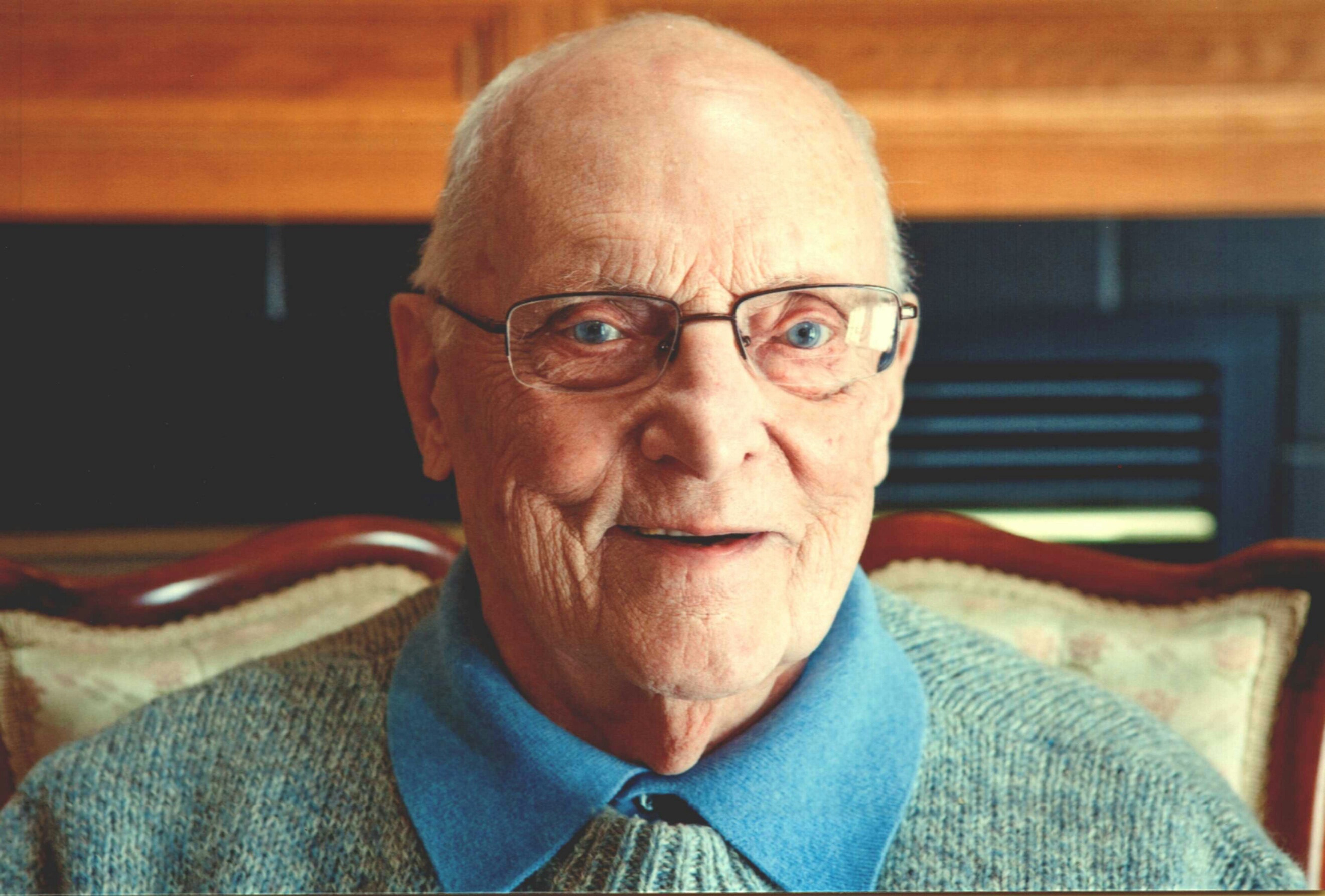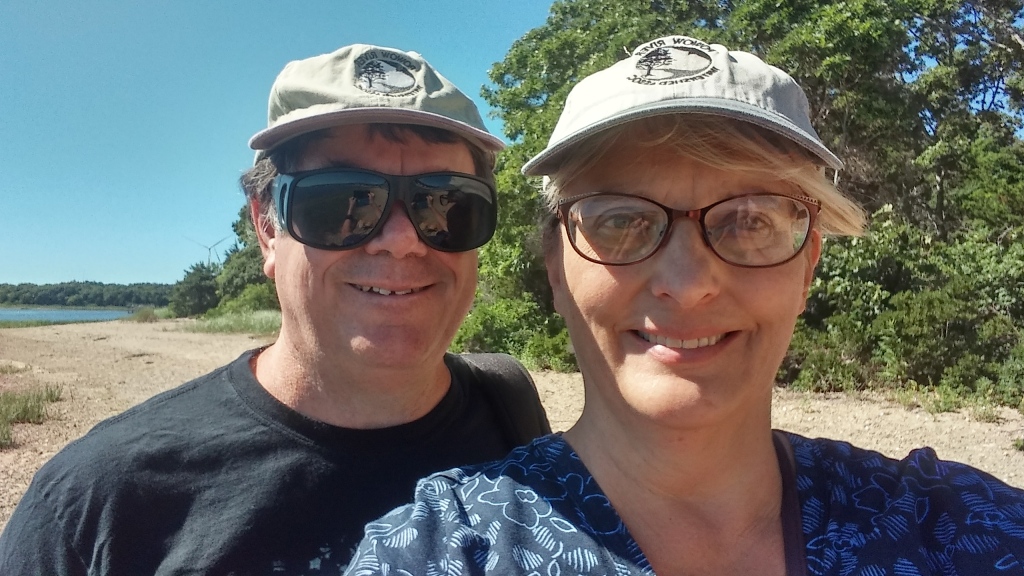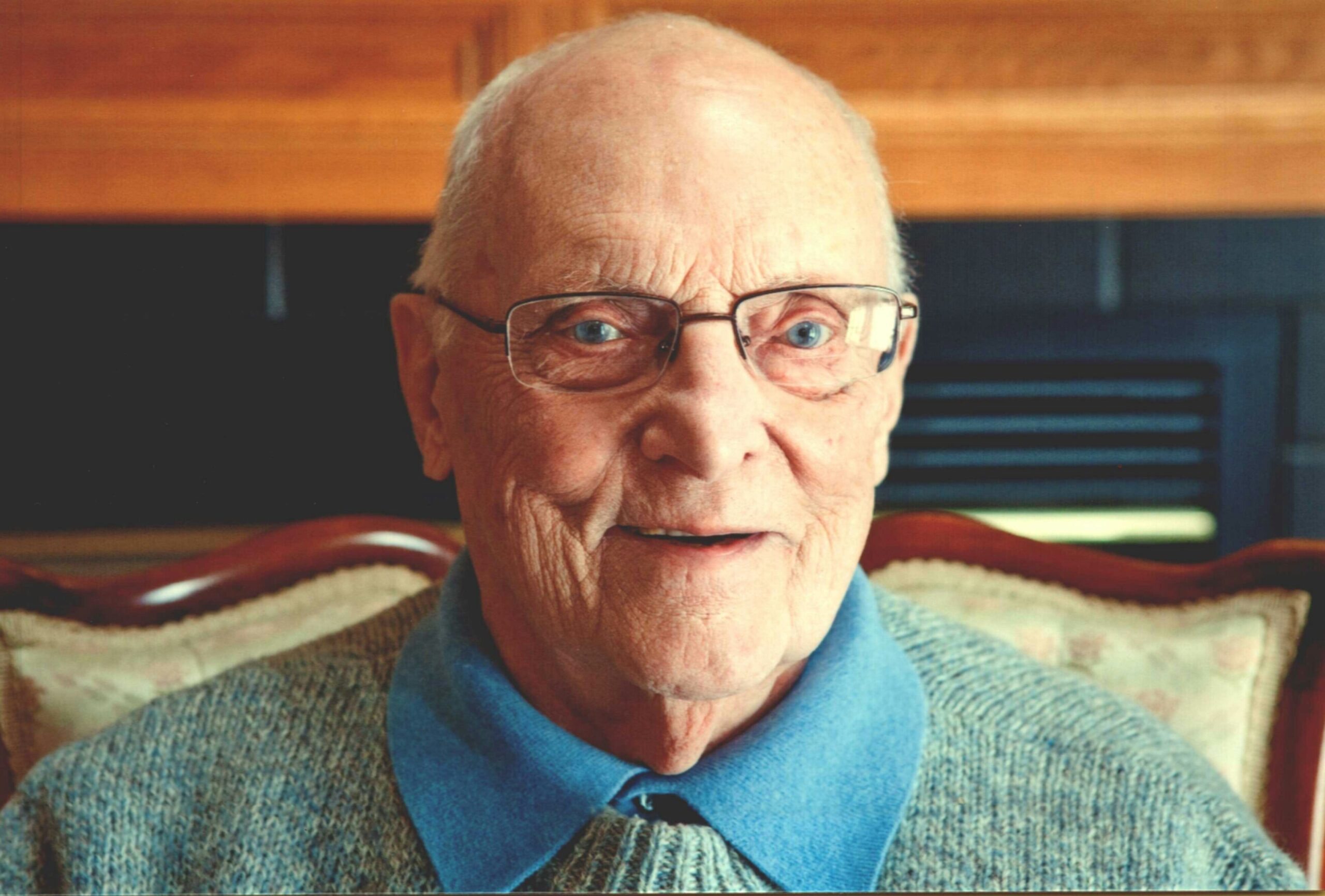What Healthcare Doesn’t Know About Recovering After Family Caregiving
When my time as a family caregiver came to an end, I started searching for a solution in my favorite healthcare journals. Nothing. Expanding my search, I checked scholarly article search engines, Pub Med, and more. Very little. Becoming a bit desperate, I did a general internet search. There I found an abundance of blogs by former family caregivers. Why do blogs address my self-care needs, but nursing and healthcare literature do not? For the situation in which I was in, the best source of self-care guidance was AARP. How can this be? I am a nurse and expected to find guidance from healthcare professionals.
For years I have served family caregivers with workshops, retreats, Reiki, meditation, and more. I heard their stories, and witnessed their healing. They explained to me how difficult it was to care for themselves, while caring for a loved one often 24/7. Together we created self-care plans to accommodate their needs and their limited time and financial resources. Then, when their loved one recovered or passed on, ‘my’ family caregivers taught me that it takes a while to recover their own health and get their lives back in order. While helping them along their way, I received their wisdom.

But now, I was the one in need of care. After 6 years of caring for my beloved father in our home, he passed away at 93 years young. During the 6 years he lived with my husband and me, together we adjusted to Dad’s declining stamina and functional abilities. Dad liked to call me his private duty nurse, and I liked to say that I must have gone to nursing school just for him. During his last six years, we persevered through three surgeries, vascular deficiency, several months of wound care for bullis phemphigus, one massive CVA (thankful for TPA emergency stroke care), chronic arthritic pain, and various expressions of his chronic cardiac and respiratory health. He received the best nursing care I could possibly offer. Remembering my strict nursing instructor’s high standards for creating a sterile field, I often chuckled when I had to redo one of his wound dressings in the middle of the night, in my PJs.
Like my client family caregivers before me, I did my best to incorporate self-care. I teach self-care, so perhaps you can imagine my frustration. Looking back, I know I did the best I could, both for myself and for Dad. But when he was gone, I realized I had a lot of recovering and healing to do. Like many family caregivers, I had missed many of my own medical appointments. For three years, each time I scheduled a mammogram, it was cancelled when Dad ended up in the ER or worse. I was exhausted, depleted, stressed, running low on finances, overweight, and in chronic pain from lack of exercise. There’s more – but frankly that’s all I’m willing to admit in writing.
So when Dad was gone and the fog of my grief began to clear, I realized I needed help to find my way back to well-being again. Friends and family expected me to be ok, mistakenly thinking that now that I wasn’t caring for Dad I should have more time to work, play, and care for other family members. My primary physician thought the same. With the help of my husband, who was also a weary family caregiver, we got ourselves back together again. It isn’t something that I can measure objectively, but I guess that it took us two years to return to our usual level of well-being.

Friends and family expected me to be ok
(photo by Bruce Mars, Pexels.com)e
My doctor said I was fine
(photo by Pixabay on Pexels.com)
My sweet husband and I got ourselves back together again
My concern is that family caregivers, and their friends, family, and healthcare professionals, don’t realize what a process it is to recover after being a family caregiver. It isn’t simply a recovery process; it is also a life transition as you move from being a caregiver to after-caregiving. The experience changes you.
I have talked with hundreds of family caregivers, witnessed the healing of many family caregivers, and read countless blogs and articles by family caregivers about their experience of after-caregiving. Although there is little research done on former family caregivers, there is lots of surveys and research done on current family caregivers and so I read an awful lot of that. Then I spent much time in thought. My desire is to clearly express what family caregivers experience when caregiving is done. My goal is to help family caregivers, and the friends, family, and healthcare providers surrounding them, understand and expect the life transition that occurs at this time. It’s a bit like empty nest syndrome, although generally a family caregiver’s loved one is not coming back.
I call this concept ‘Caregiver Recovery’ although caregiver healing would be more apt. ‘Caregiver Recovery’ is a transitional life phase after a family caregiver’s service is no longer needed, due to the care recipient’s death, remission, or recovery. There are four major challenges often experienced by family caregivers during this transition. They are (1) Family Caregiver Risks (physical, emotional, spiritual and socioeconomic), (2) compassion fatigue, (3) major life changes, and (4) relationship challenges. (Lyman, 2019)

Caregiver Recovery is a transitional life phase
after a family caregiver’s service is no longer needed
Not all family caregivers experience each of these challenges. Even those family caregivers that do feel some negative impacts generally insist they would do it again, treasured their time with their loved one, and were happy they could help, hopeful that their care improved their loved one’s quality of life.
But many family caregivers do struggle. The Department of Health and Human Services surveyed caregivers, finding that 22.9% reported physical difficulties with caregiving, 44.4% reported emotional difficulties with caregiving, and 22.5% reported financial difficulties with caregiving (Spillman, Wolff, Freedman, & Kasper, 2014). They need to recover their health and finances. They need our help. If you are a friend, family member, healthcare provider, religious or spiritual leader or fellow human being to someone who has been a family caregiver, please help them to become aware of this transitional life phase of caregiver recovery. Support them along their way. Care for them, now that their caregiving experiences are done. Thank you.
References
Spillman, B., Wolff, J., Freedman, V., & Kasper, J. (2014). Informal caregiving for older Americans: An analysis of the 2011 National Study of Caregiving. Washington, D.C.: Office of the Assistant Secretary for Planning and Evaluation, U.S. Department of Health and Human Services. Retrieved from https://aspe.hhs.gov/report/informal-caregiving-older-americans-analysis-2011-national-study-caregiving
Lyman, G. (2019, January 10). Key points pertaining to the transitional life phase of family caregiver recovery [Blog post]. Retrieved from https://calmandcentered.info

I’ve never thought about caregiver recovery before. This makes so much sense! It’s beautiful that you’re addressing such an important life transition.
Thank you Hannah. Sadly few people know about caregiver recovery. Help spread the word!
In the years I spent managing residential care homes mainly for dementia, I made a point of getting carers, relatives and close friends on board from the outset if possible and essentially lumped them with a few jobs helping out with things like dinner, laundry and generally putting everyone to use.
Might seem cruel and like I just blatantly took advantage but there was method in the madness mainly to ensure people didn’t feel isolated or unwelcome and uneasy about visiting their loved ones on a daily basis and start tailing off and cutting visits short. The other reason was so they had a continued role in which they were still needed, welcomed, busy and on the go amongst friends long after their loved ones have gone.
Great post and such a good focus on what is sadly still a neglected side to caring.
Thank you for caring, and for offering carers, friends, and family opportunities to be needed and, more importantly, to feel needed.
This is the first time I have read anything about caregiving recovery. Thank you! I had a similar experience for nearly 7 years for both my parents. Writing and painting have been the best therapy for me. And now reading blogs like yours helps me understand that it takes time to adjust to a new way of life.. God bless you!
CS, I’m glad you found your way with painting and writing. I wish more people knew about the life transition of Caregiver Recovery. Help me spread the word! I’m doing articles, blogs, and workshops on this important subject. Continue to take good care of yourself, CS.
I enjoyed your post! I can empathize with your statements. I was my grandmother’s 24 hour caregiver for 11 years. Throughout our journey, we had many joys and struggles. When our journey ended, I was left with an emptiness or void. She was my life for 11 years. Everything revolved around her thoughts and feelings. When that was taken away, I was lost! I began to slowly adapt to this “new” lifestyle! I was still me and living in the same house, but everything was different! Thank you for sharing!
Hi, there! I’m so glad you are adapting to your ‘new’ lifestyle. I understand the feeling that all is different and yet the same. I enjoyed reading your blogs, too – great work! thank you for all that you do!
Thank you for looking in!! It’s comforting knowing others have similar situations. I’m looking forward to following your blog!!
PS. I meant to add that I love your Labrador Retriever photos. Your dogs? I love them all, especially my chocolate lab!
Thank you! Yes, they’re my fur babies! I haven’t had a chocolate lab…..yet!! But, hopefully will in the near future!! I love them to pieces! They were my self-care while caregiving!!